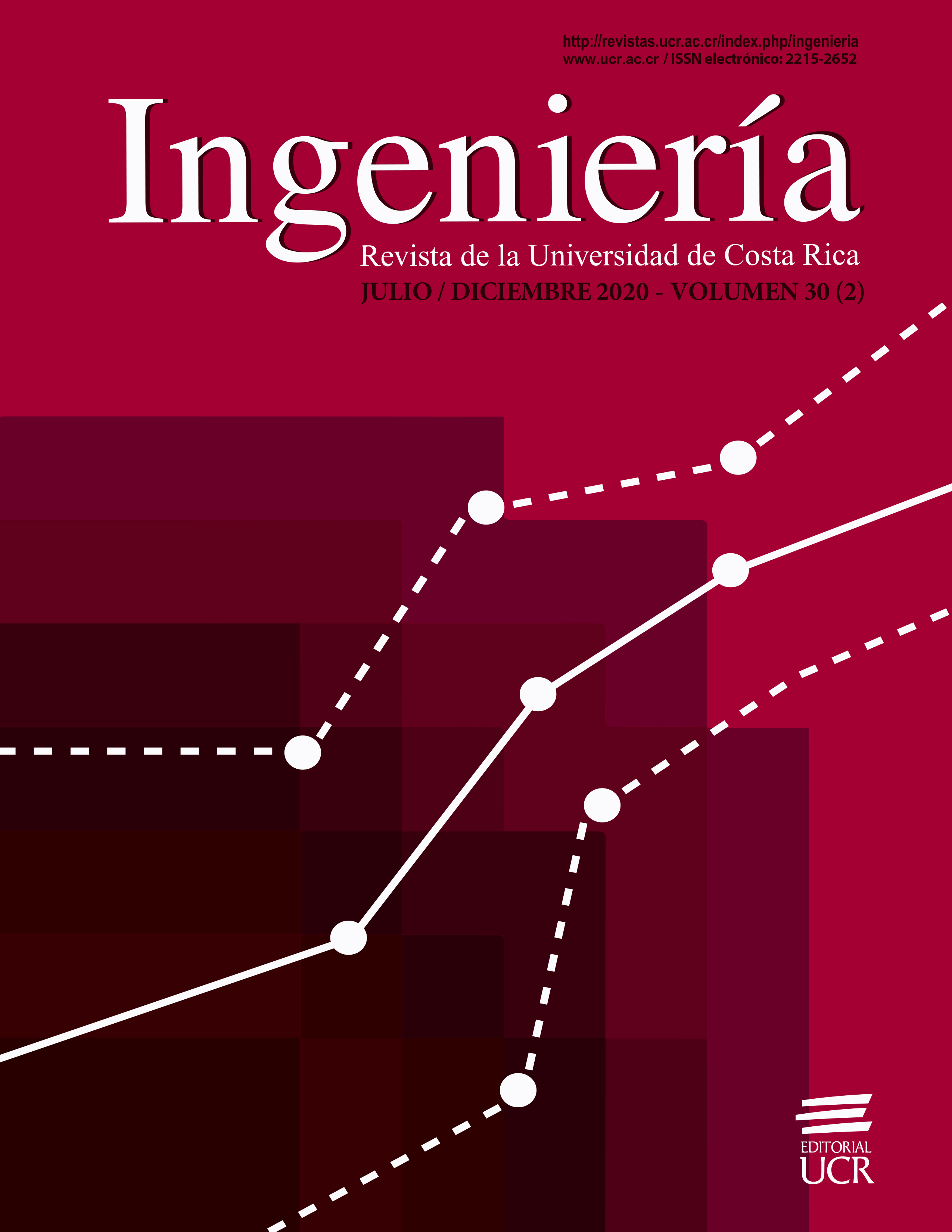Abstract
This research proposes a reconfigurable photovoltaic cell model and a research platform in solar conversion optimization. The solar park concept has its main objective in scientific field research. That is why it is a space for the analysis of technologies; the model proposed here is based on a reconfigurable scheme, with converter concatenation and feedback, within the framework of regenerative systems. Criteria were established for the configuration of IPVDs intelligent photovoltaic devices, supported by FPGA technology. An intelligent arrangement of solar panels, distributed in the solar field, perform the formulation of the tandem composition and synthesis of reconfigurable structures. Artificial neural networks have been applied, in their specific functions of dynamic modeling, advanced control and reconfigurable schemes. As a result, the conceptual design of the platform is obtained under criteria of sustainability and environmental responsibility, a matrix of codes for the remote configuration of the elements and a model with LFSR architecture for the renewable energy converter system. All this allows us to contribute to the migration towards new technologies and sustainable models of the energy matrix, with online estimation of the environmental impact and efficiency of the new developments. A technological concept is obtained as a conclusion, which is based on a fractal model from quantum physics applied to the design of the photovoltaic converter, to the generalized structure, with the ability to reconfigure the characteristics of its layers.



